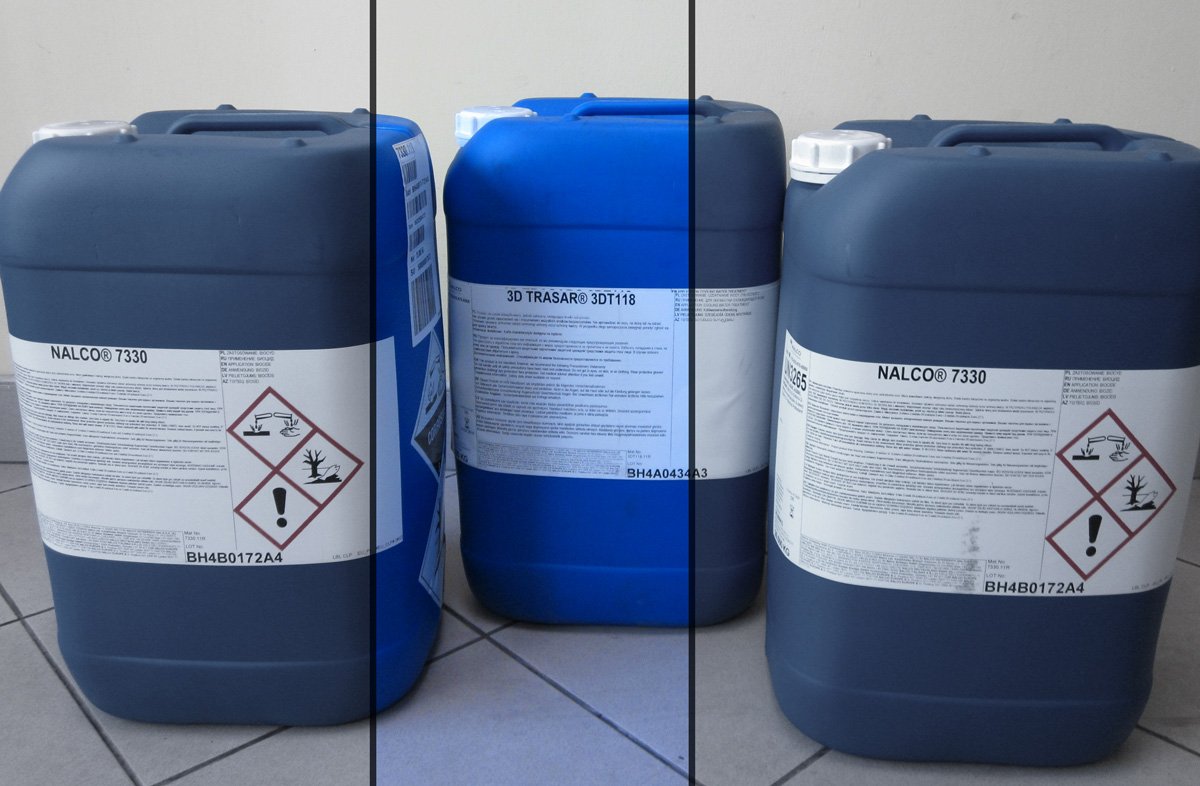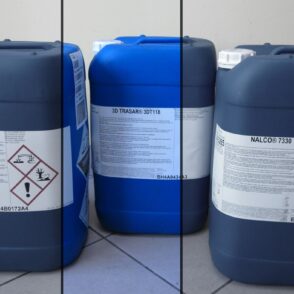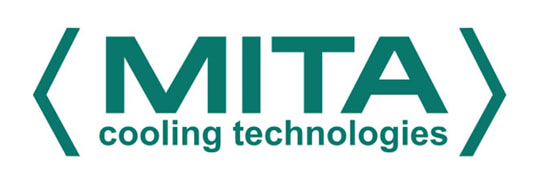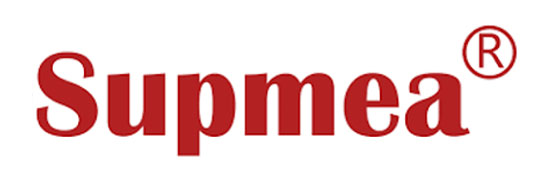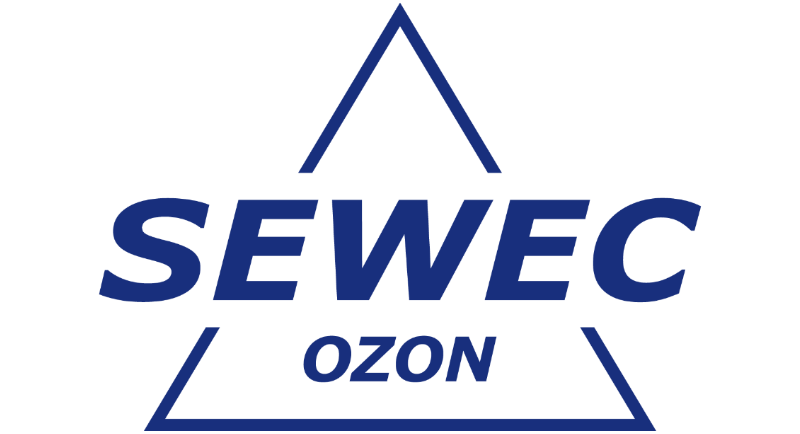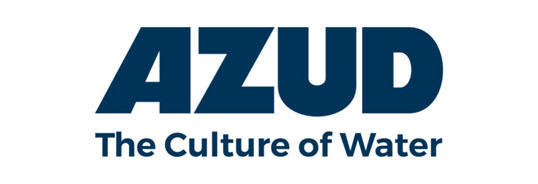Description
Flocculation occurs by connecting the suspended particles into greater conglomerates known as flocs. This process utilizes various preparations, usually based on organic polymers. Such polymers can have a cation, anion or neutral characteristic. The polymer chains can have a varying length or different webbing. The preparation is chosen both based on the the water or sewage parameters, the exact technological process and the specific device on which the process is conducted (different types of dewatering presses or centrifuges).
Correct flocculants are also key to the process of flotation, in which the impurities don’t float down to the bottom, such as during sedimentation, but rather bind to microscopic air bubbles and are brought to the surface of a fluid. Then, they’re separated, using devices known as flotators. This phenomenon is used both to process sewage, as well as in technological processes, eg. copper ore enrichment.
Flocculants are usually provided in two forms- as powders and as oil emulsions. In both cases, it is necessary to to prepare a solution before dosing, and let it mature, so that the polimer chains can grow apropriately. For this reason, flocculant dosage is usually done through specialized dosage systems, equipped with multichamber dispensers with mixers.
MCC offers selectiona and supply of flocculants, as well as specialized dosage systems.

